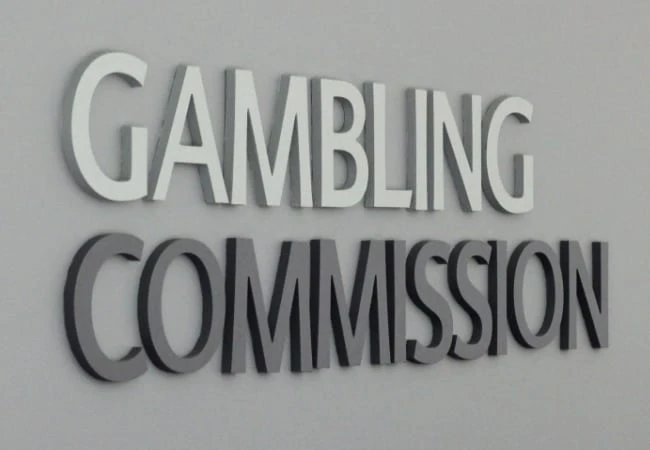Gambling Commission releases evidence-based development plan

The plan outlines the Commission’s intention to undertake evidence-based research on several key areas, including gateway gambling products, the variation of gambling experiences and the impact of gambling harms.
It also focuses on operator practices, characteristics and risk and crime.
Tim Miller, executive director of research and policy at the Gambling Commission, said that evidence forms a large part of what the Commission does in terms of industry regulation.
“At the Gambling Commission we are a people focused and evidence-led regulator,” said Miller “That means we recognise that better data, better research and better evidence will lead to better gambling regulation and better outcomes for consumers who gamble, their communities and the gambling sector itself.”
Miller emphasised that the paper is not only centred on what the Commission can do, but also what challenges may be upcoming for the industry.
“This paper is about highlighting the challenges ahead and asking the questions that need answering,” Miller continued. “Answering those questions is something we can all play a part in.”
Evidence-based research
Beginning with gateway gambling products, the Commission will look at the gambling behaviours exhibited by people under the age of 16, between the ages of 16 and 17 and young adults aged between 18 to 24 years old.
Specifically, evidence will be gathered on how young people begin gambling, and how gambling behaviours change over time as children become older.
To address the issue, the Commission will continue working with young people and expand their reach to include 17-year-olds.
In relation to variations of gambling experiences the Commission will utilise the new Gambling Survey for Great Britain to increase its knowledge of national gambling participation and will add to certain aspects of its Path to Play framework.
Gambling-related harms
To address gambling-related harms the Commission will look to understand how players can experience harms in different ways and improve its ways to identify those at risk of gambling harm. Again, it will utilise the Gambling Survey for Great Britain, this time to analyse what groups are experiencing gambling harm.
It will also conduct qualitative research on the topic.
The Commission will also assess how operator practices influence customer behaviour, looking at whether operators could do more to enforce safer gambling practices and conduct consumer research.
Investigating product characteristics and risk will see the Commission analyse how certain products can have a greater risk of harm for certain customers. The Commission will gain further access to account-level data in order to investigate this.
When looking at illegal gambling and crime, research will be undertaken to assess consumers’ knowledge on illegal gambling operations. Research questions will centre on why consumers might bet on the illegal market and how consumers are able to tell if they are betting with an unlicensed operator.
Earlier today (23 May) the Commission ordered SkillOnNet to pay £305,150 (€350,351/$378,299) in relation to several anti-money laundering and social responsibility failings.
